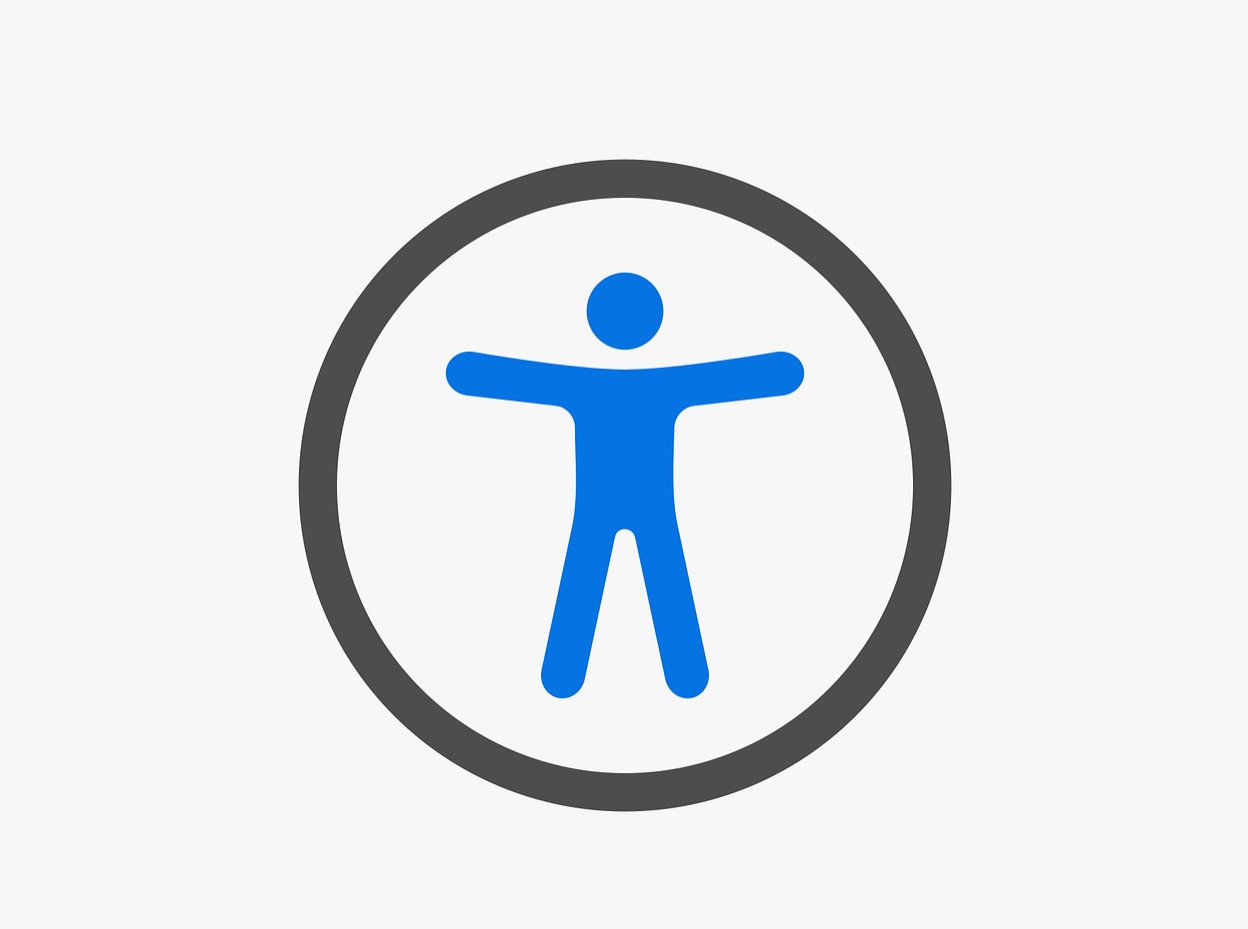Blog
New webpage requirements (EAA)

On June 28, 2025, Act No. 424/2023 on Accessibility Requirements for Certain Products and Services, will come into effect. This law, among other things, sets obligations concerning websites. It also provides for the possibility of imposing fairly high penalties for non-compliance. The law was adopted as a transposition of the EU directive EAA (2019/882). Its purpose is mainly to ensure better access to products and services for people with disabilities, enabling them to live more independently.
Who does the law apply to?
The law mainly applies to companies offering online services or products, such as travel agencies, tour operators, hotels offering accommodation online, e-shops, and banks. It also applies to companies providing electronic communications services.
It further applies to other entities offering specific products and services, such as personal computers, phones, tablets, self-service payment terminals, e-book readers, e-books, financial services, transport services, services providing access to audio-visual media services, etc.
These entities have a range of other obligations, but this article mainly focuses on website requirements for e-shops and businesses in the tourism sector.
When does the law not apply?
- Micro-enterprises (companies with fewer than 10 employees and a turnover of up to €2 million)
- Internal systems, typically networks accessible only to employees
- Purely private websites and blogs without commercial activity
- Websites used for machine-to-machine communication, online maps/navigation
- Website content not controlled by the provider
- Self-service terminals inside vehicles
Can companies avoid the obligations?
Yes, if fulfilling the obligations would mean:
- A fundamental change in the service or product, or
- An unreasonable burden according to the criteria listed in the annex to the law.
If a company decides to use one of these exemptions, it must prepare an assessment proving that the exemption truly applies. It must also inform the Czech Trade Inspection Authority (ČOI) about this fact.
What should an accessible website look like?
Websites should generally be understandable, perceivable, operable, and stable.
This also applies to payment, identification, security, etc. Given the abstract nature of these requirements, we recommend you to meet especially these requirements:
- Text should be readable (sufficient contrast, size, adjustable spacing) and easy to understand.
- Images should have "alt" text descriptions (text describing what is in the image).
- All videos and podcasts on the site should have subtitles.
- Websites should be controllable via keyboard (e.g., TAB, Enter, Space, Arrow keys).
- Websites should also be controllable via voice (e.g., by ensuring so-called ARIA attributes).
What steps must you take to ensure web accessibility?
- Adjust website content according to the requirements above.
- Update your terms and conditions:
- Describe how your site meets each of the required accessibility features.
- Clearly explain how your e-shop or online service functions, with a general description.
- Update product and service descriptions:
- Provide accessibility information from the responsible economic operator, e.g., manufacturer or service provider.
- If you provide transport services, include information about the accessibility of vehicles and infrastructure, assistance for disabled persons, real-time travel information, availability of staff, and the functionality of elevators or other services.
- If you offer transport as part of a package tour, provide the information required from carriers.
- If you have a support/help service on the website, ensure it can provide information about accessibility.
- Ensure that all the above information is accessible to people with disabilities.
What penalties apply for violations?
The Czech Trade Inspection Authority (COI) is responsible for monitoring compliance. Violations are considered administrative offenses and can result in fines of up to CZK 10 million. However, in practice, COI usually imposes fines in the tens of thousands of crowns for first offenses. In the past, COI has been relatively lenient within the first few months after new laws entered into force.
If you have any questions regarding this statute, or if you would like us to review the webpages you have prepared for accessibility, please do not hesitate to contact us.
More articles:

Change in Obligations When Employing Foreign Nationals
From 1 October 2025, the amendment to the Employment Act, adopted in connection with the new so-called “super benefit,” comes into effect. This has also led to stricter rules for reporting the commencement of employment of foreign nati... → continue
Dietmar Repka
Dietmar Repka
"We express our recommendations for the law firm Holubova Advokati.
Holubova Advokati was able to resolve a project for us with confidence, composure, and perseverance that German experts had deemed hopeless.
About 80 years ago, my grandparents and my father had to leave their home. The property has now been returned to our family through the inheritance that was initiated, and thanks to the excellent work of the law firm.
During the two-and-a-half-year negotiations, there were no language problems; everyone was always well informed about the current status.
Keep up the good work, everyone."
Jan Divíšek
Jan Divíšek
"I want to thank everyone at Holubová advokáti s.r.o. for their legal services in handling my protection of personality rights lawsuit."
Denis Krytinář, M.A.
Denis Krytinář, M.A.
"What I appreciate most about working with Holubová Advokáti is their high level of expertise, clear guidance throughout the entire process, and their human approach. My case was complex and emotionally demanding, but Mrs. Dvořáková and Mr. Formánek treated me with the utmost care and sensitivity. Thanks to their precise work, we achieved a successful outcome, and I can therefore recommend this firm with complete confidence to anyone seeking legal representation of the highest standard."




